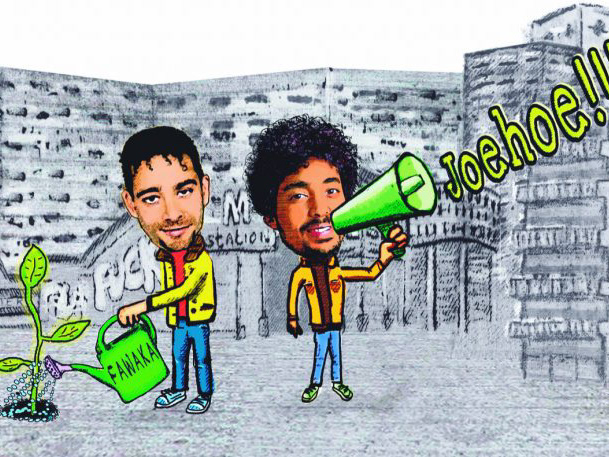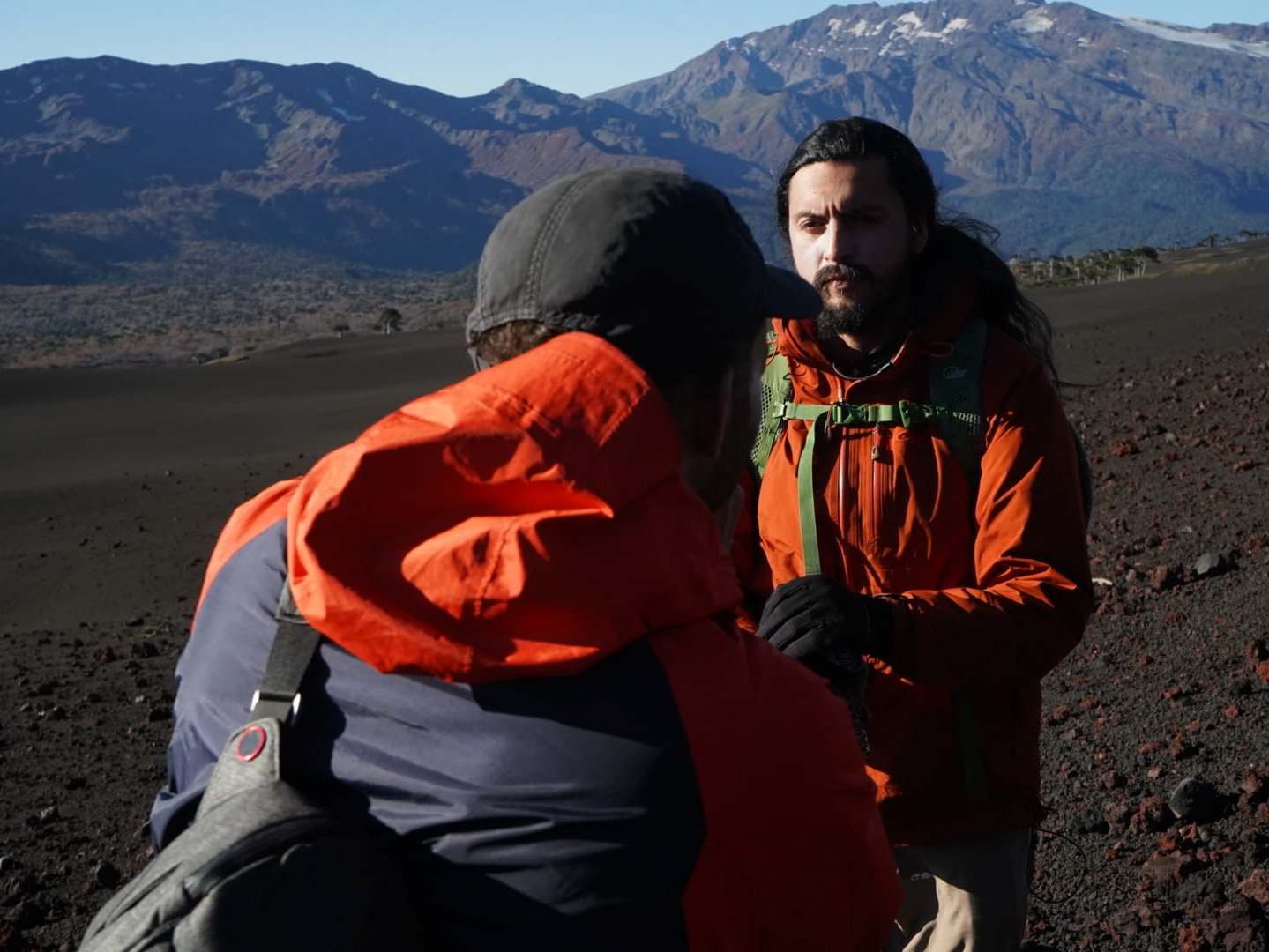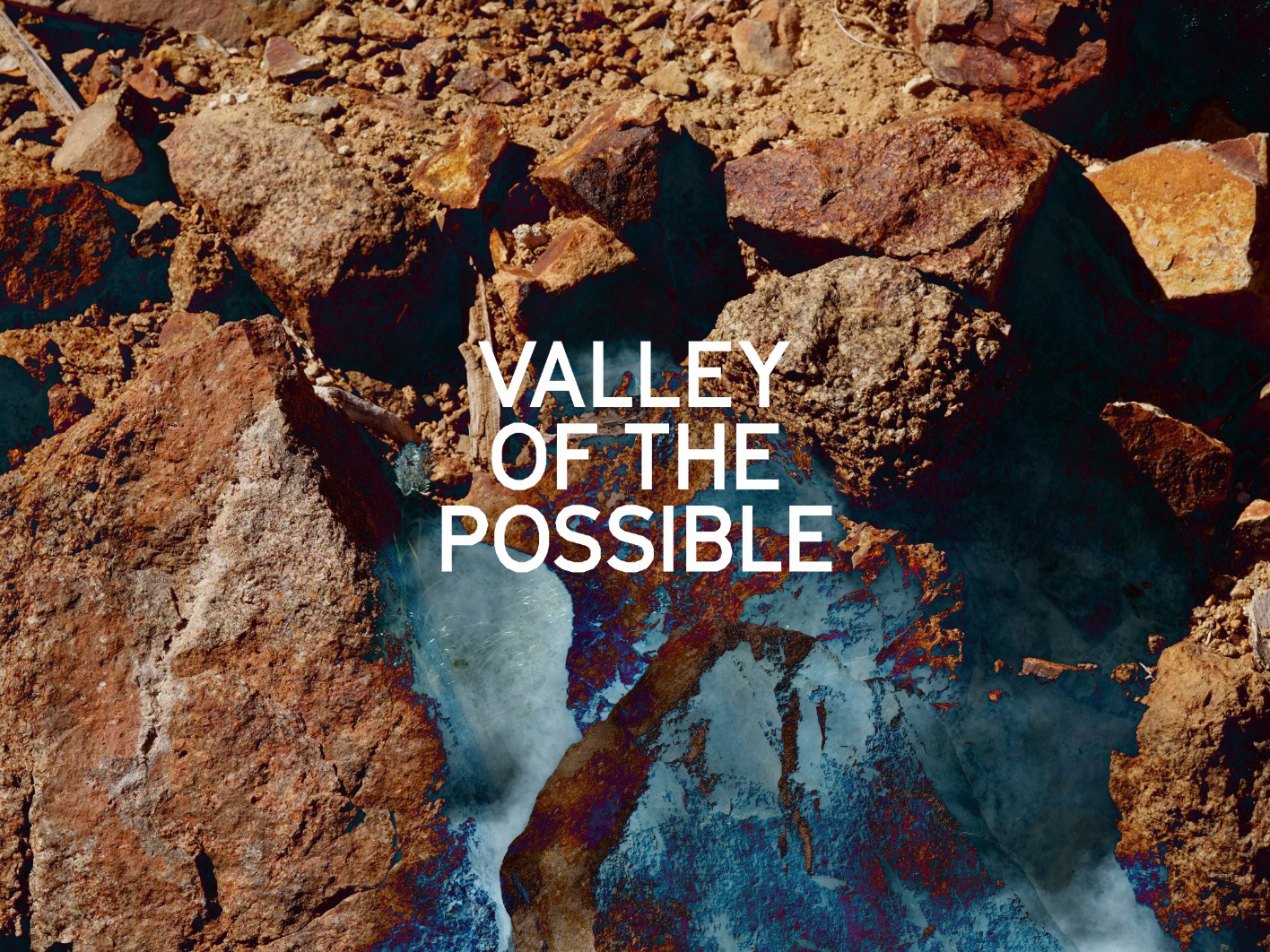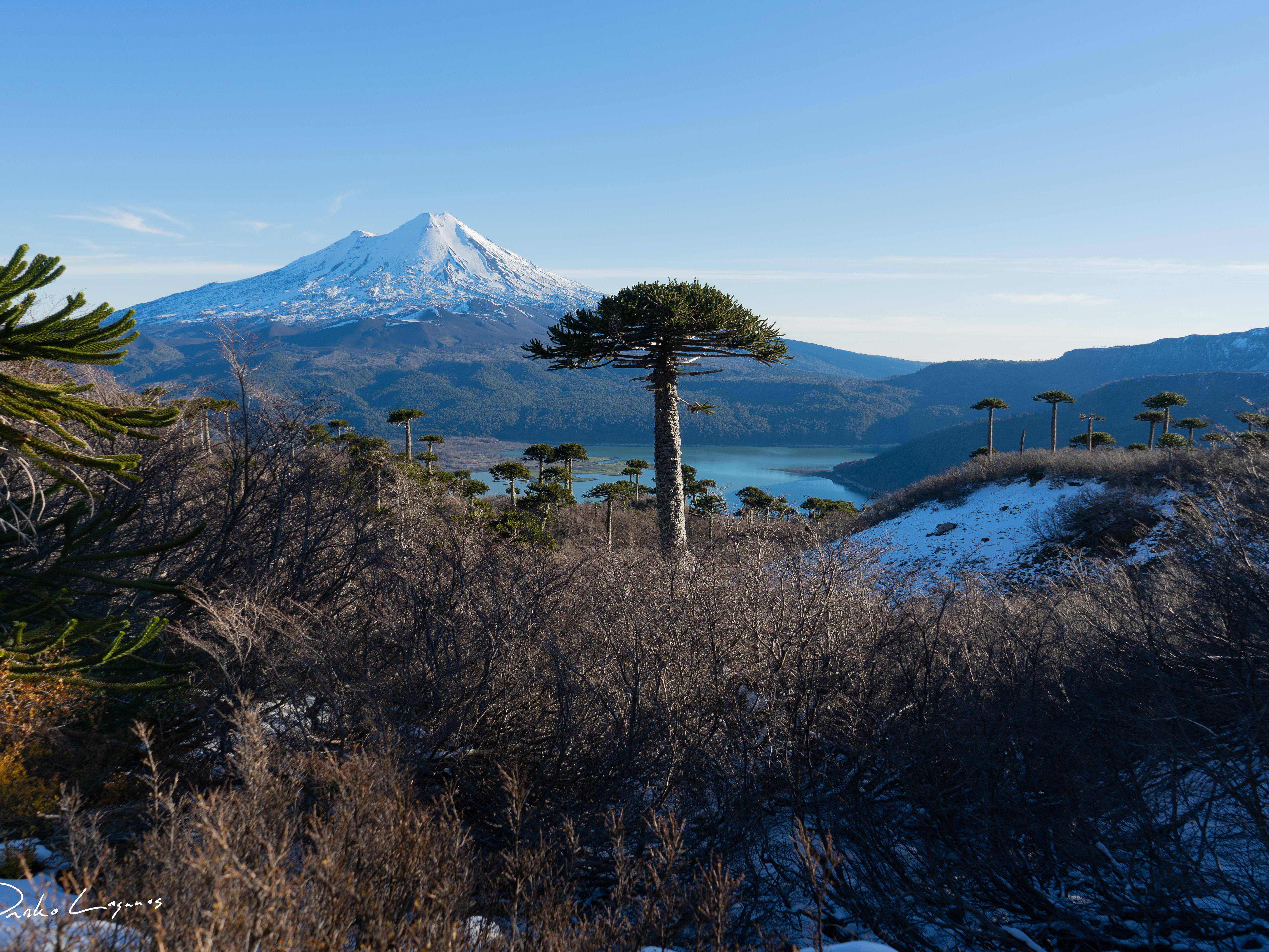Roots of Sustainability (research)
Timeframe: january 2019 - june 2019
Nearly 80 percent of global biodiversity is found on indigenous territories. People are often living on the basis of reciprocity with nature. But here, too, sustainable developments are being pursued by Western NGOs and without alignment with indigenous knowledge. In their wake a new reality is imposed, tearing apart human-nature relationships.
This is an ethnographic research project that identifies what sustainable development projects can be found on indigenous territories in Ecuador, Bolivia and Chile. And seeks to understand the relation of the indigenous people living on these territories, with these sustainable developments.
This research shows there is a strong relation between colonialism and sustainable developments, and reminds us of how the sustainability discourse is connected to attempts to create a 'modern Western future'.
A look at sustainable developments on indigenous territories provides us with tools for a critical reflection. First, human-natural relationships are in danger of being torn. Second, this is being pursued in areas where there are still reciprocal relationships with nature (where 80 percent of global biodiversity is found).
Indigenous territories might be the last resorts that have hardly been occupied by the modern drift towards control and progress. In order to prevent them from being swallowed up by modern occupation, decolonization of sustainable developments (and other good intentions) is crucial. Without decolonization, cooperation is impossible.
In residency at
Want to know more?
Feel free to contact me by sending a message here. Or find me on social media below.






